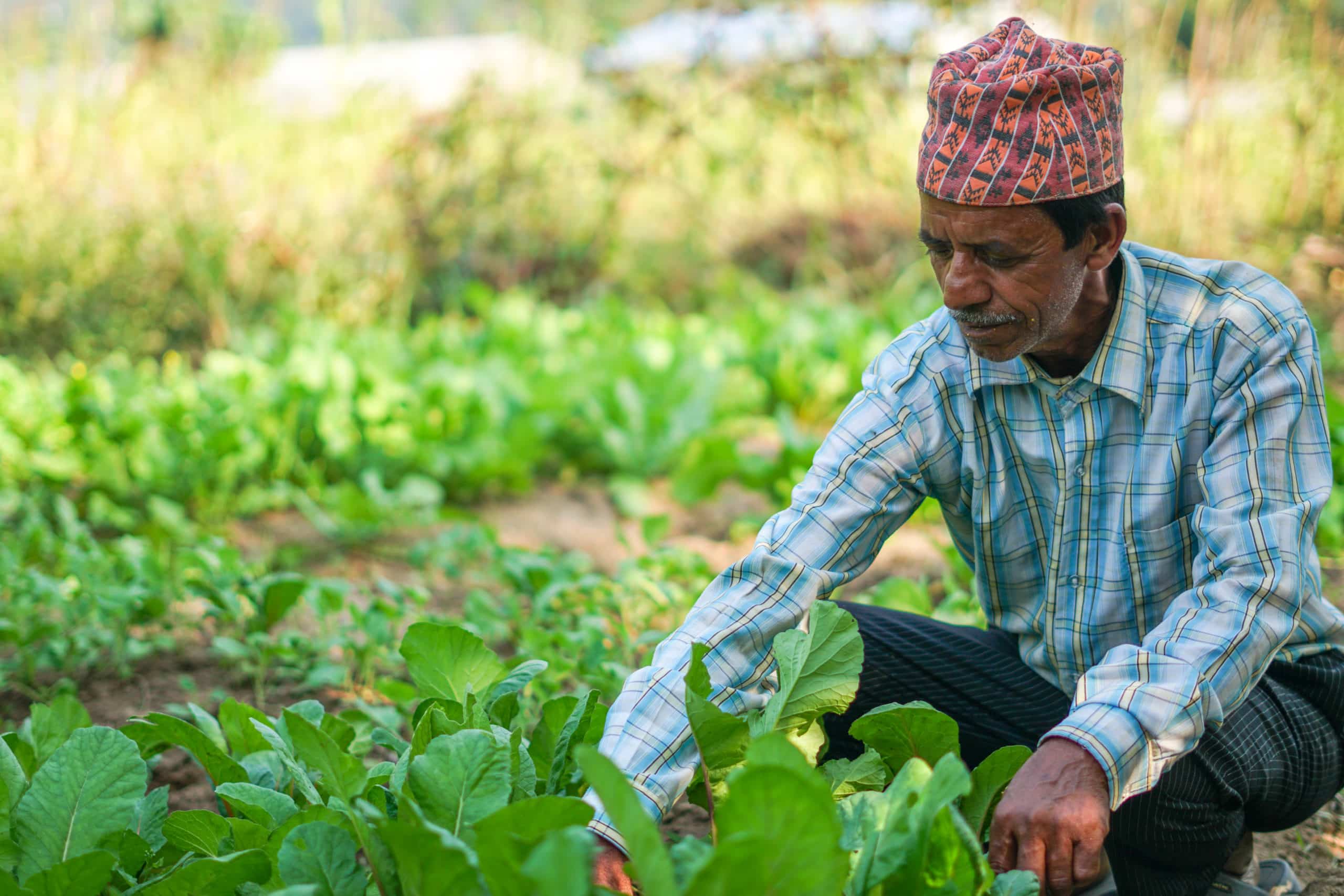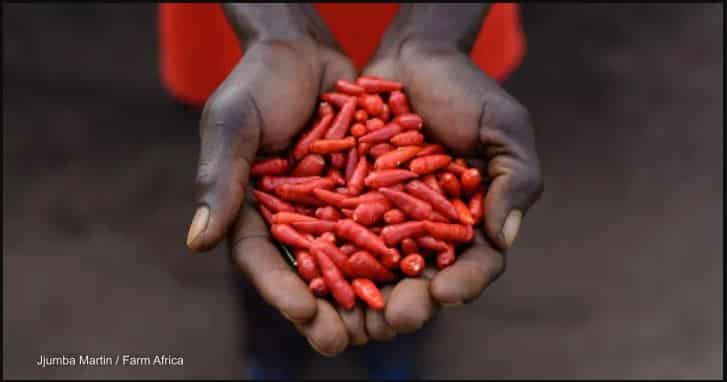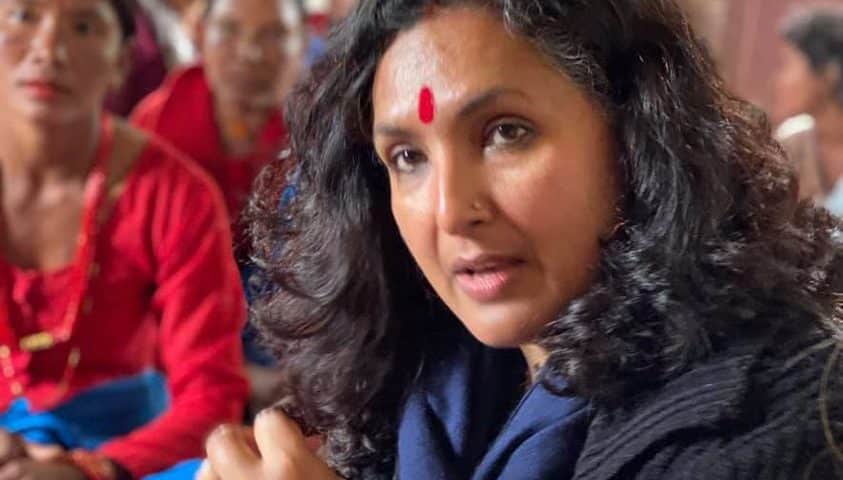
In Nepal’s COVID-19 Tsunami, Prevention Remains the Best Medicine
June 7, 2021
Agriculture in the time of COVID-19
July 27, 2021India’s COVID-19 Outbreak Has Spread To Nepal

ARI SHAPIRO, HOST:
COVID-19 is still raging in South Asia, and a lot of the attention has been on India, which has broken records for cases and deaths. But the situation in neighboring Nepal may be even worse. It’s a much smaller country, but much of it is rugged mountain terrain, where medical care is scant even in the best of times. NPR’s Lauren Frayer reports.
LAUREN FRAYER, BYLINE: Under lockdown in Nepal’s capital, Srijana Karki is calling around to colleagues, trying to find out who has COVID-19.
SRIJANA KARKI: Hello, Binu.
BINU SUBEDI: (Speaking Nepali).
KARKI: (Speaking Nepali).
SUBEDI: (Speaking Nepali).
KARKI: (Speaking Nepali).
FRAYER: Karki runs the South Asia branch of World Neighbors, a development charity headquartered in Oklahoma. She works with communities high in the Himalayas.
KARKI: Like, there are four houses in one cluster, and there’s another five houses in 20 minutes walking distance in another cluster. So it’s really, really difficult. There’s no facility for testing. They have to walk for three hours, and the sick people can’t walk for three hours.
FRAYER: In a larger village of 64 families – mostly shepherds – half of them are ill.
KARKI: The symptoms are the fever, cough and cold. And these people have let their livestock loose because they can’t look after them. And then we finally managed to send some basic medicine.
FRAYER: Another World Neighbors staffer, Binu Subedi, describes how.
SUBEDI: (Speaking Nepali).
FRAYER: She says villagers hid in their homes when medical staff arrived. They’d been told not to mix with outsiders who could bring in the coronavirus. Subedi coaxed them out and helped them get tested. Six villagers ended up being carried down the mountain to a hospital. These are the challenges of battling one of the world’s most severe COVID-19 outbreaks in one of the world’s least-developed countries.
LHAMO YANGCHEN SHERPA: We don’t manufacture medicine in this country. We don’t manufacture vaccines in this country.
FRAYER: Epidemiologist Lhamo Yangchen Sherpa says Nepal imports most essentials from neighboring India, including vaccines. But India has stopped vaccine exports, so Nepal has nearly run out, with less than 3% of its people vaccinated. And infections have now spread to the highest point on Earth. Trekking guides say at least 100 people have tested positive at Everest Base Camp near Nepal’s border with China.
YANGCHEN SHERPA: If we look at Mount Everest, you know, there is no road. Even the few hospitals there are supported by the Swiss donors. You know, there is no government hospital where there is a ventilator, where there is ICU, where there’s oxygen.
FRAYER: Foreign climbers can pay to be airlifted to Kathmandu. Most locals can’t afford that, though. And even if they can get to the capital, hospitals there are overwhelmed.
ANUP SUBEDEE: I’m, like, working until 2 o’clock in the morning.
FRAYER: Dr. Anup Subedee – no relation to Binu – is an infectious disease specialist in Kathmandu who says his phone has been ringing off the hook. People are calling him desperate in the middle of the night, saying, please save my father. Please find us an ICU bed. And Subedee has to turn them away. His hospital is full.
SUBEDEE: We could not advise them where to go, nor could we admit them to our own hospital. That was something we couldn’t forgive ourselves for, either, you know? It’s a of situation for which we were not trained.
FRAYER: He and his colleagues never trained for such tragedy, he says. Subedee says case numbers at his private hospital in Kathmandu have started to plateau. But he says he can’t imagine what it’s like up there in the mountains.
Lauren Frayer, NPR News, Mumbai.
(SOUNDBITE OF HOMESHAKE’S “ALL NIGHT LONG”)
This interview originally appeared on NPR.com on June 2, 2021

